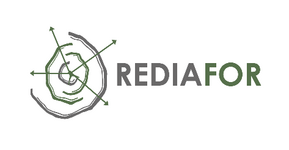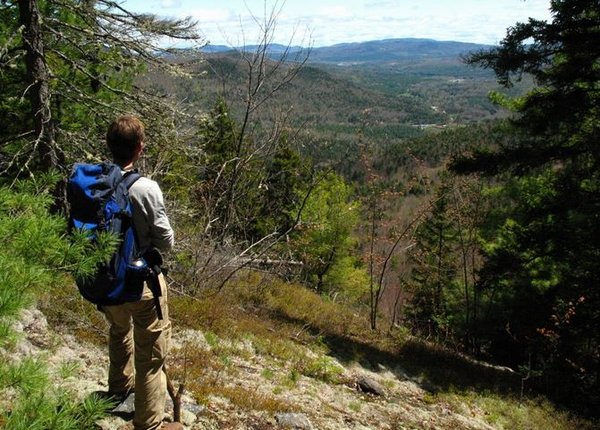
Opening spaces for dialogue
Conflicts related to the use of wood resources begin to emerge in the Alps: the extraction of timber and/or energy and the resulting landscape impact, the forest as a leisure and agricultural area, a "wild" forest rich in biodiversity and a logging forest with less biodiversity but economic profitability, the need to develop the built environment and safeguard the natural heritage, conflicts over a forest as a tool to fight against natural risks but also as a risk factor with climate change (forest fires).
Based on the experience of Alpine stakeholders in the field of conflicts over water resources, the REDIAFOR project aims to identify and list the main types of risks related to the use of wood and forests, and to create spaces for dialogue at local and macro-regional levels.

The role of AURA-EE in the REDIAFOR project consists in initiating the dialogue between the actors of the forest sector and the Action Groups of EUSALP, the European Union Strategy for the Alpine Region. Training will be organised for the members of these Action Groups, aiming to provide them with skills in the management of conflicts over the use of forests and wood. Divided into several modules, this training will be organised with the participation of experts and will include practical feedback.
A project supporting the cross-cutting actions of the Alpine macro-regional strategy (EUSALP)
The idea for this project was born at the annual EUSALP Forum in Innsbruck in November 2018. The EUSALP Action Groups tackle the topic of forests and wood from different angles: material resources, factors limiting climate change and natural hazards, green infrastructure and leisure areas, etc. The subject is cross-cutting and, due to climate change, globalisation and loss of biodiversity, there is a growing fear that forests and wood resources will be one of the next resource conflicts, comparable to the emerging conflicts over water use. Therefore, it has become a priority to provide answers to anticipate potential conflicts and work on the development of potential solutions, by highlighting synergies and addressing divergent uses.
The project is financed by the European fund ARPAF2.
[Updated: May 2020]


Imprimer